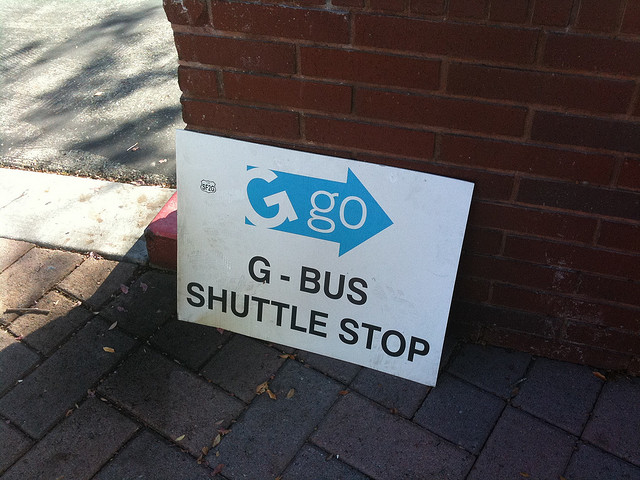This is the last of four stories I did for The Australian on why entrepreneurs are making their way to the United States’ Bay Area.
“It is a very good time to be Australian in America,” says Dr Catriona Wallace , the Sydney based founder of Flamingo Customer Experience. Despite that goodwill she and those who’ve made the move to the US have found the ways of doing business in the two countries can be quite different.
US decision making processes are one trap, Wallace observes. “Americans will say ‘yes, yes, yes then no’, whereas Australians will say ‘no, no, no then yes,’“ she told The Australian. “I had to learn that an enthusiastic “Yes” from an American is an expression of their interest and intention, not necessarily an action that can be followed through.”
Swinging for the fences
Casey Ellis, who relocated his Sydney security startup Bugcrowd to San Francisco in 2013, finds the scale of ambitions are a key difference between the two countries. “Americans are comfortable with those who swing for the fences whereas Australians aren’t.
“I had a million dollars committed already but people weren’t buying my execution because the way I was selling it was that I had it all figured out, which is what I’d been taught what to do in Australia – we’ve figured how to make sausage machine then the key to making more money is to build a bigger handle and crank out more sausages.”
The reality though is different in the United States warns Ellis. “If I’m pitching like that to VCs over here they’re like ‘we like what you’re doing but your vision is too small.’ I always had a big vision for Bugcrowd but I’d been taught not to put that at the front. In the US you put the vision first and the execution follows.”
Figuring out the differences
“I spent some time trying to figure out why it is different,” Ellis reflects. “If you think about it Australia is a country was formed by a bunch of people who were thrown out for stealing stuff, dropped on a rock and told to figure it out, so we’ve got this incredible culture of troubleshooting and innovation but we’ve also got this tall poppy syndrome of ‘don’t stick your head out too far.’ That’s a very strong cultural feature of Australians and how they interact.”
“If you bring that over to America you will fail because this country was formed by entrepreneurs who set out to find a new land,” Casey concludes. “It’s not about saying Aussies are meek, they’re not, but Americans are completely comfortable with swinging for the fences and Australia’s aren’t.”
Peter Grant of Safesite warns not to overplay the Paul Hogan persona. “Coming from Australia is a novelty but you can’t play the dinky di Aussie card, you have display professionalism and represent you are serious about being a US company and serving the US environment,” he told The Australian. “Americans are a lot more accepting of risk and have a fear of missing out on the next big thing.”
“The country is founded upon going out and doing your own thing and being a maverick, so they are a lot more accepting of risk and have a bit more of a fear about missing out on the next big thing, “ Grant explains. “We’ve developed a strategy of saying ‘we’re working on this, this is going to happen and we’re talking to your competitors.’ That seems to work.”
Watching the clock
One respect where Australians’ laid back attitudes come unstuck is in time keeping warns Flamingo’s Wallace, “Americans are super punctual. Conference calls typically start 5 mins before the hour rather than 10 minutes after as it would in Australia. Meetings finish at quarter before the hour so people can get to the next meeting 5 minutes early.”
“If people are delayed and get to a meeting a few minutes late they will apologise profusely for several minutes and then apologise again at the end of the meeting. American’s will warn of the need to finish a meeting at a certain time by saying, “I have a hard stop at quarter before”
Humour lapses
Another difference is the sense of humour, Dr Wallace warns. “Americans typically are not funny in business as we Australians are. There is not much joking in meetings. I once used the enormously funny expression of, ‘That customer experience would have been like having a hot chicken blood enema!’.”
“Instead of this being outrageously funny I was surrounded by a group of 10 executives whose mouths hung open in shock that I had just said something like that. The meeting tanked from there on….”
“All this being said, the American business community love Australians,” Wallace concludes. “They find us hard working, great at relationships, good at navigating politics, honest, authentic and transparent. In some ways they aspire to be more like us. We cut through the bollocks – although they don’t understand that word – or bullshit and get things done. Americans like that. We are generous. They like that too.”

Leave a Reply